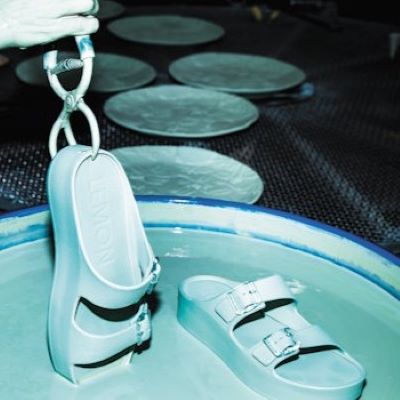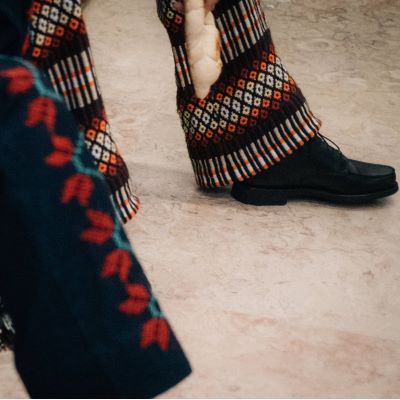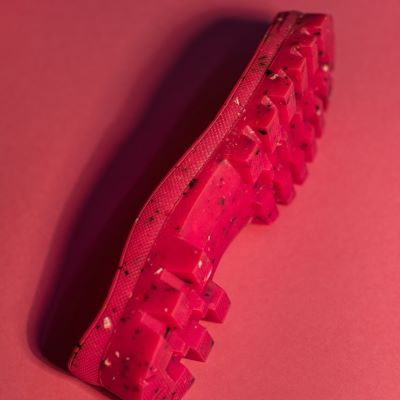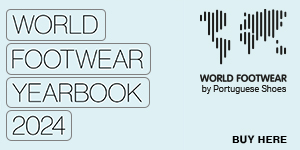Portuguese consortium launches 34 cutting-edge solutions to have the world’s most advanced industry

As part of a consortium led by Carité and coordinated by CTCP, several companies are working to develop 34 innovative products by the end of next year to make the Portuguese footwear industry the most qualified in the world
Automation islands, integrated lines, digital platforms. These are some of the new technological solutions that are being developed by a Portuguese consortium led by Carité and coordinated by the Portuguese Footwear Technology Centre (CTCP). By the end of next year, 34 innovative products will have been developed that promise to make the Portuguese footwear industry the most qualified in the world.
With a budget of 60 million euros, the FAIST project, which is part of the PRR (Recovery and Resilience Programme) and involves 45 co-promoters with multidisciplinary skills, including universities, companies, and institutions from the scientific and technological system, aims, according to Florbela Silva, to “increase the degree of specialisation of the Portuguese footwear industry in new product types” and boost “the supply capacity of Portuguese footwear companies by strengthening their ability to manufacture medium and large orders through more efficient assembly processes”.
For the Director of CTCP’s Innovation and Digital Manufacturing Unit, “if Portuguese companies are already recognised for their ability to innovate and produce small orders efficiently”, it is now important to “optimise processes and improve efficiency to ensure further gains in competitiveness”. In particular, the sector will acquire the skills to produce on a larger scale.
According to Florbela Silva, the footwear cluster will have to “innovate in the footwear production chain, from the production of components to the manufacture of uppers and the creation of modular assembly units”. At the same time, the sector “will invest in the production of equipment and advanced technologies, replacing imports and creating the local skills and capacity needed to set up production units with high levels of automation and robotics”.
The consortium also plans to strengthen the collaboration between universities, polytechnics, technology interface centres and companies, to create new automated and robotic production lines in demonstration companies that will serve as test and experimentation sites, and to train human resources. In parallel “with the development of integrated production lines with high levels of automation”, Florbela Silva added, "the sector will also invest in the automation of key workstations and processes on existing production lines, through the creation of automation islands”.
Pilot workshops will be set up as well to test and validate new technologies and processes, particularly digital technologies, recycling and waste treatment processes, and the design and prototyping of tools needed for automation. These two projects are starting with 100 partners, “but we hope to be able to accommodate new ideas or business projects”.
Strong investment in the industry of the future
“The footwear sector has always set itself the goal of becoming a major international reference”, recalled Luís Onofre. “Now is the time to prepare for a new decade of growth by strengthening skills, speeding up the integration of new skilled workers into companies and increasing investment in RTD so that we can present highly differentiated products”, concluded the President of APICCAPS.Therefore, as part of the PRR, the sector will invest 140 million euros by the end of 2024. In addition to investments in cutting-edge technology, 80 million euros will be invested in the bioeconomy. The aim, as stated in the strategic plan, is to make Portugal “the international benchmark in the development of sustainable solutions”. The sector also aims to "strengthen Portuguese exports on the basis of a highly competitive national production base based on knowledge and innovation”.
Source and Image Credits: portugueseshoes.pt



















